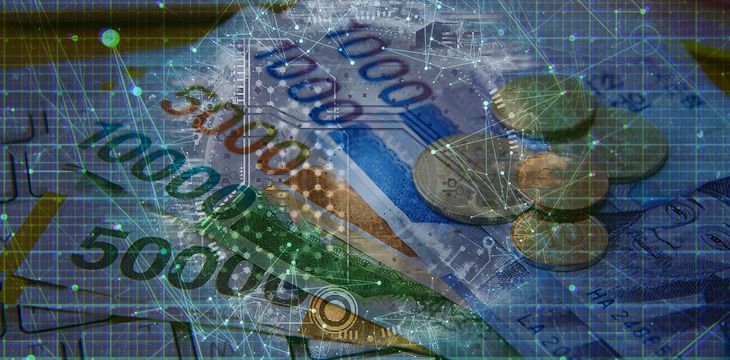|
Getting your Trinity Audio player ready...
|
It’s long been said that digital currency was never designed specifically to be used for illicit activity, even though some corrupt individuals violated Bitcoin’s original mantra. It has also been said that it will become increasingly difficult for these individuals to remain beyond law enforcement’s reach, thanks to increased regulatory oversight and scrutiny. There have already been a number of examples of how anonymity on the blockchain is a myth, and there is now another one to add to the list.
Law enforcement officials in South Korea, a country that has been more open to digital currency activity as long as people play by the rules, have busted another child porn operation and were able to identify at least 40 people involved by following their digital currency trails.
South Korean media outlet Yonhap News reports that an investigation uncovered a major underground child porn business, with users spending digital currency to access videos of child rape and exploitation.
With the digital currency wallet addresses in hand, police raided 20 of South Korea’s largest exchanges, linking those addresses to individuals. The result is proof that know-your-customer (KYC) and other identification requirements are working, and that they will be mandatory for the entire industry across the globe sooner rather than later.
It isn’t totally clear how everything started to unravel, but it appears this is the latest in an ongoing investigation of a site tied to what is known as the Nth Room, which was busted in late 2019.
That child porn ring was allegedly run by South Korean national Cho Joo-bin, whose identity was uncovered after a supposed accomplice stepped forward. The accomplice apparently had felt guilty about his involvement and, when his name was subsequently leaked to the media, he committed suicide.
However, his cell phone apparently provided evidence that tied the man to Cho, but didn’t prove he had any direct involvement with the site or the operation. Still, there was digital currency activity that was used to launch the larger investigation into the exchanges, most of which have been more than happy to help law enforcement bring the case to an end.
As the investigation into the Nth Room and Cho, also known as “Doc,” has continued, some surprising details have been uncovered, and more arrests are certainly on their way. In addition to the 40-odd individuals who have already been identified as having been involved with the activity, police have been able to determine that there were around 26,000 people who had sent payments to Doc for his material. Those people should be extremely concerned now, with law enforcement investigations undoubtedly set to reveal their true identities.

 02-25-2026
02-25-2026 




